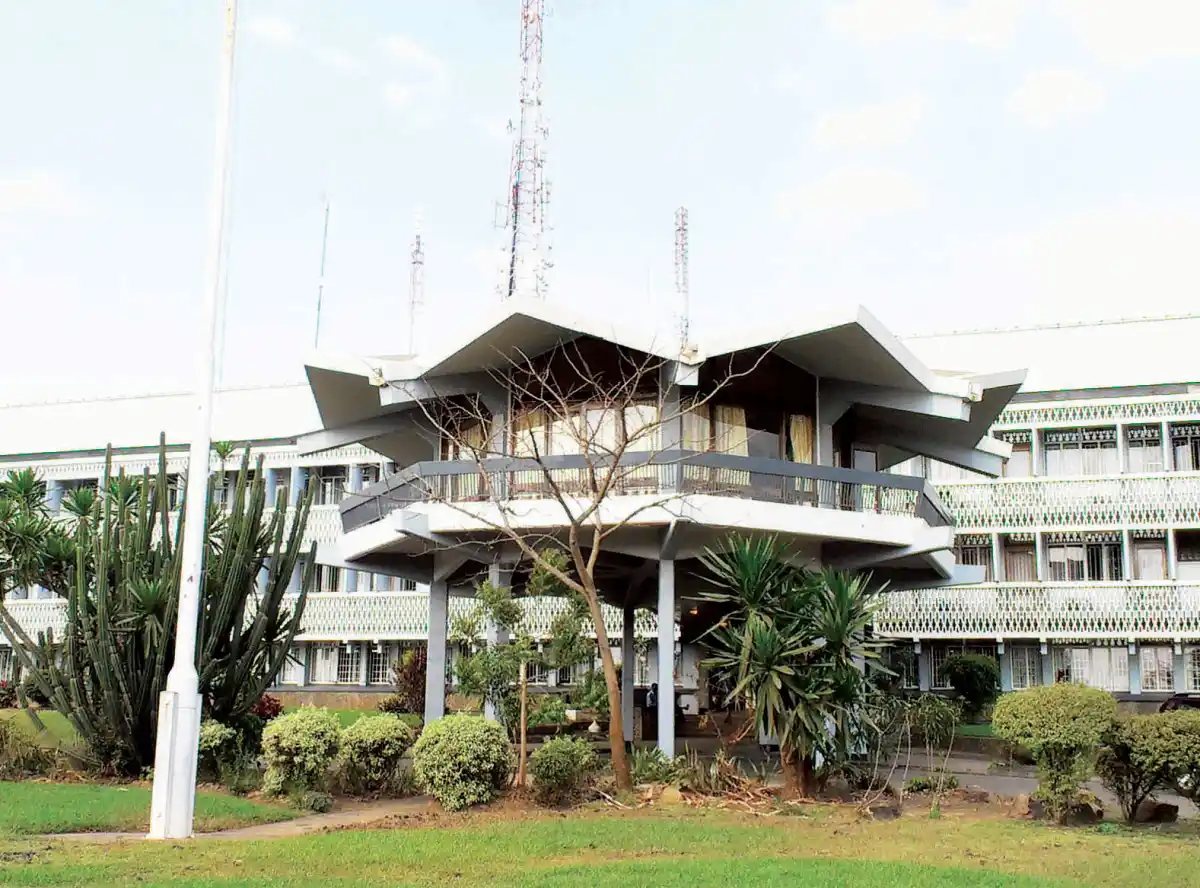
By Kingsley Jassi
A national budget performance track in the first five months of the 2024-25 fiscal year shows that total revenue amounted to K1.95 trillion, falling short of total expenditure requirement of nearly K2.5 trillion in that period.
Budget performance figures contained in the latest monthly Economic Review of the Reserve Bank of Malawi (RBM) show a cumulative deficit of K547.4 billion in the period under review, with a surplus of K13.8 billion registered in June only.
Experts feel budget implementation has too many headwinds that necessitate significant expenditure cuts, especially in areas that can wait for improved fiscal space.
On revenue performance, out of the total domestic revenue as of August, tax payers contributed K1.22 trillion while non tax revenue was just K55.9 billion.
Grants in that period were worth a total of K672 billion with debt servicing costs taking up about K565.2 billion.
Much of that interest cost expenditure was spent on servicing domestic debt that took 94 percent of that amount, which is K531.4 billion.
That interest cost comes amid public debt concerns as narrowing fiscal space forces domestic borrowing by the Treasury, creating more debt stress that the central bank recently red-flagged.

Malawi Economic Justice Network (Mejn) Executive Director Bertha Phiri said Mejn was already doing a mid-year budget assessment to inform fiscal authorities with recommendations and will make its observations once the report is finalized.
An economic expert Lesley Mkandawire said with inflation projection already surpassing the assumption in the fiscal policy statement, it is necessary to make expenditure reviews to ease the pressure. “Inflation projection is key to the budget.
With the projection already higher than earlier expected, there should be a caution on expenditure,” Mkandawire said.
He expressed worry over possible pressure build up in the coming of the lean period when food stocks will be low, necessitating increased food relief expenditure.
“We have not seen revenue surpassing the target, so far, which could’ve helped to cover up the inflation costs and with the unforeseen expenses to cushion the people that would need food assistance, where will the government get the extra revenue,” wondered Mkandawire.
Earlier, Secretary to the Treasury Betchani Tchereni was quoted as saying the government was doing all it could to improve revenue collection, emphasizing on the impact the recent budget support inflows bring to the fiscal situation.
Malawi Revenue Authority (MRA) missed its K748 billion revenue target for the first quarter of 2024-25 fiscal year by 12 percent, collecting just over K656 billion, which is about 12 percent lower than the target.
The European Union resumed direct budget support with 55 million Euro (about K105.5 billion) towards education sector projects while the African Development Bank also provided US$23 million (about K40 billion) to go towards agricultural projects and food security assistance.
The K5.9 trillion 2024/25 national budget was framed with a K1.4 trillion deficit and was premised on a 3.3 percent growth rate and 27 percent inflation rate.
Both assumptions underpinning the budget framework are set to be missed as the economy is expected to be slower at 2.3 percent while inflation will be higher at over 33 percent.








0 Comments